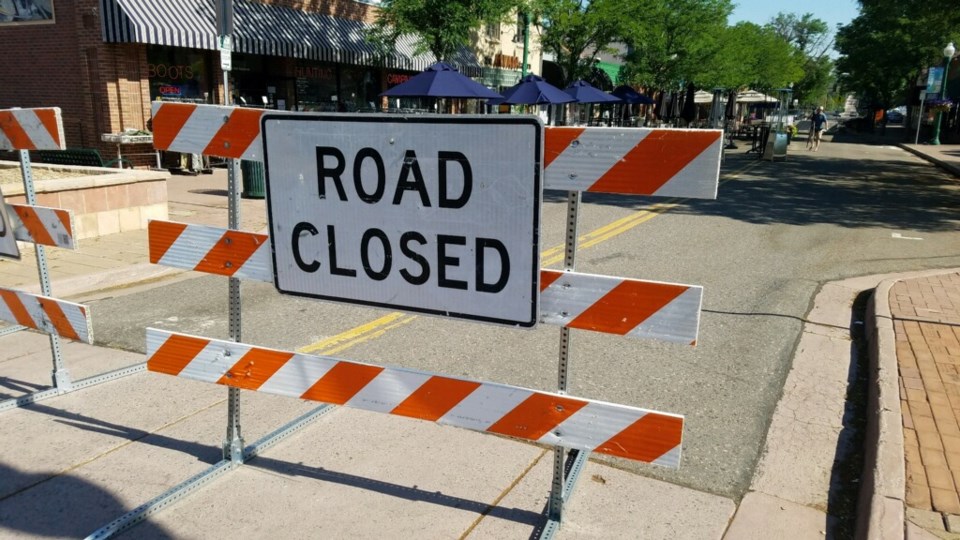Longmont may join a national effort to cut the number of traffic-related fatalities and serious injuries to zero, a move that could attract federal funds to redesign streets, improve bike lanes and crosswalks to keep residents safer, Mayor Joan Peck said.
Denver, Boulder and Fort Collins have joined the Vision Zero movement and the city council could take the first steps toward making Longmont a Vision Zero community early next year through a resolution, Phil Greenwald, the city’s transportation planning manager said via email.
Vision Zero would be part of an upcoming Transportation Mobility Plan, which the city hopes to start in early 2023, Greenwald said.
The overall goal is zero traffic related fatalities in a year specified in a city action plan, Greenwald said. The city would also want to discuss “severe injury” crashes as well, he said.
Peck said she has high hopes for a zero fatalities program, which could help draw federal funding from the Denver Regional Council of Governments for transit and roadway safety improvements, Peck said.
“It can also be part of a bigger information sharing network,” Peck said. “We can see what’s working in other cities.”
“But it’s really about making our residents safer on our roads and to get them out of their cars into transit,” she said.
Communities that have adopted the Vision Zero plan say its success relies on community and intergovernmental cooperation and data-driven solutions.
Vision Zero was developed in the late 1990s in Sweden to eliminate traffic deaths and serious injuries in transportation. Sweden has since reduced traffic fatalities by half, making it one of the safest places in the world, according to a city of Denver website.
Vision Zero calls on communities to tackle speeding, which kills more than 10,000 people each year in the United States, the VisionZero Network website states.
Vision Zero asks cities to prioritize safe speeds through safe street design, automated speed enforcement (or safety cameras) and setting safe speed limits.
Denver wants to eliminate all traffic fatalities by 2030 and has developed a Vision Zero Coalition of dozens of city agencies and partners, according to the city of Denver website.
Denver implemented over 160 projects with a particular focus on equitable access to safe modes of transportation, the website states.
Still, traffic fatalities are continuing to rise in Denver, according to the news site Denverite.
City data says that 68 people have died from traffic collisions as of Oct. 2, whereas, by the end of September 2021, that number had reached 57, Denverite states.
When the city launched Vision Zero in 2017, fatalities were at 51. They reached a high of 84 in 2021, or a rate of around seven per month. In 2022 so far, that rate is at around 7.5 fatalities per month. If accidents continue at that speed, the city could see around 90 traffic deaths this year, states Denverite.
If Longmont becomes a Vision Zero community, there would have to be a massive buy-in from local officials and residents, Greenwald said.
“More marketing would be involved through education of what Vision Zero is and is not. The City’s Communication team, as well as many of the other departments, would need to be involved in the Vision Zero effort for it to be truly effective,” Greenwald said via email.
The involvement of Longmont’s Public Safety Division and the police, specifically, would be key to Vision Zero’s success, Greenwald said.
"Without the cooperation of all units of government and the citizens' commitment, it will be difficult to meet the goal of — zero traffic-related fatalities in Longmont,” Greenwald said.



